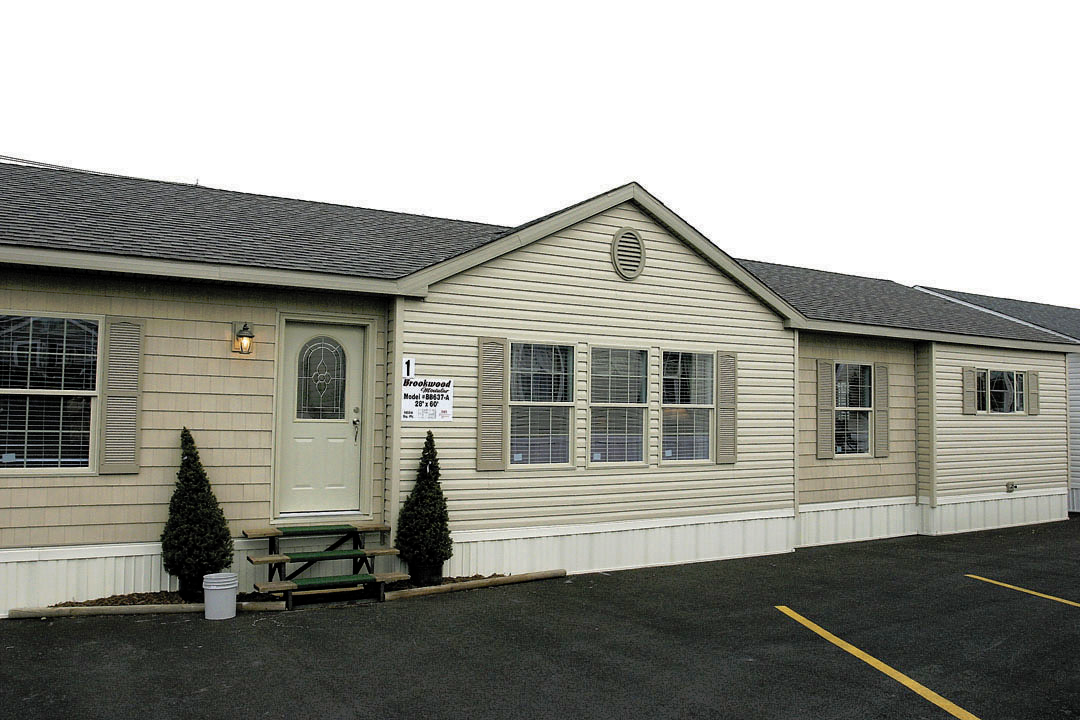Airbnb Vs. Long-Term Rental: What is More
In the ever-evolving rental market landscape, property owners continually seek the most lucrative and manageable way to leverage their investments. Choosing the right path can seem daunting, with options ranging from the short-term allure of Airbnb to the stability of long-term rentals. This article delves into the pros and cons of each option, helping owners make informed decisions on maximizing their property’s potential.
Benefits of Doing Business on Airbnb
Airbnb has revolutionized how people travel, offering a platform for hosts to list their properties for short-term vacation rentals. This model presents several advantages for property owners:
- Global Exposure: Listing on Airbnb connects your property to an international audience, significantly increasing the likelihood of higher occupancy rates.
- Creative Marketing: The platform allows for personalized listings, enabling hosts to showcase their property’s unique features and attract guests looking for more than a place to stay.
- Reputation Building: Through Airbnb’s review system, hosts can develop a trustworthy profile based on positive guest experiences, enhancing their appeal to future travelers.
- Community and Support: Airbnb provides a strong support network of fellow hosts and resources, offering a space for advice exchange and community building.
- Experience Creation: Hosts have the opportunity to offer more than just accommodation by creating unique experiences that cater to the diverse needs of global travelers.
- Financial Flexibility: Dynamic pricing capabilities enable hosts to adjust rates to match demand, optimizing income potential throughout the year.
- Operational Autonomy: The platform offers hosts control over their booking calendar, allowing for personal use of the property when desired.
These benefits underscore the multifaceted appeal of Airbnb hosting, highlighting how it serves as a lucrative business venture and a platform for cultural exchange, personal expression, and community engagement.
Advantages of Long-Term Rental
While Airbnb offers a flexible, potentially lucrative model, long-term rentals hold their ground with stability and less hands-on management:
- Steady Income: Long-term rentals provide consistent monthly income, simplifying budgeting and financial planning.
- Lower Turnover Costs: With tenants staying for months or years, the expenses associated with guest turnover are significantly reduced.
- Less Daily Management: Without the need to manage frequent guest check-ins and check-outs, long-term rentals require less day-to-day oversight.
- Minimal Seasonal Fluctuations: Long-term leases are less affected by seasonal demand changes, offering more predictable occupancy.
- Fewer Operational Hassles: Handling utilities, maintenance, and guest services is more straightforward with a single tenant.
Disadvantages of Running a Business on Airbnb
While Airbnb hosting can be profitable, it comes with its own set of challenges:
- Increased Operational Demands: Frequent turnovers necessitate constant cleaning, maintenance, and guest communication.
- Regulatory Hurdles: Some regions impose strict regulations on short-term rentals, including licensing requirements and occupancy limits.
- Variable Income: Income can fluctuate seasonally, and unexpected vacancies can impact profitability.
- Guest-Related Issues: Hosts may encounter problematic guests, property damage, and disputes that require resolution.
To navigate these challenges, specialized Airbnb property management companies, such as MasterHost, offer comprehensive services to assist owners in maximizing their Airbnb business potential while minimizing the hassles.
Disadvantages of Long-Term Rentals
Long-term rentals, while offering stability, also come with downsides:
- Fixed Income: Monthly rent is stable but may yield lower returns than dynamic Airbnb pricing.
- Less Control Over Property: With tenants holding lease agreements, owners have limited ability to access or use the property on short notice.
- Potential for Long-Term Tenant Issues: Difficult tenants can lead to prolonged disputes and challenges in eviction processes.
- Maintenance and Repair Responsibilities: Owners are typically responsible for property maintenance, which can be costly.
Conclusions
Choosing between Airbnb and long-term rental depends on the owner’s priorities,
management capacity, and financial goals. Airbnb offers flexibility and potentially higher returns but requires more active involvement and management. In contrast, long-term rentals offer stability and predictability with less daily hassle, though possibly at the expense of higher income. Property owners must weigh these factors, considering their lifestyle, investment strategy, and the level of involvement they’re comfortable with.
For those leaning towards the Airbnb model but wary of the operational demands, services like MasterHost provide a valuable solution, enabling owners to enjoy the benefits of short-term renting with expert support. Ultimately, choosing between Airbnb and long-term rentals is not just about profitability but finding the right balance that suits an owner’s individual needs and aspirations.




